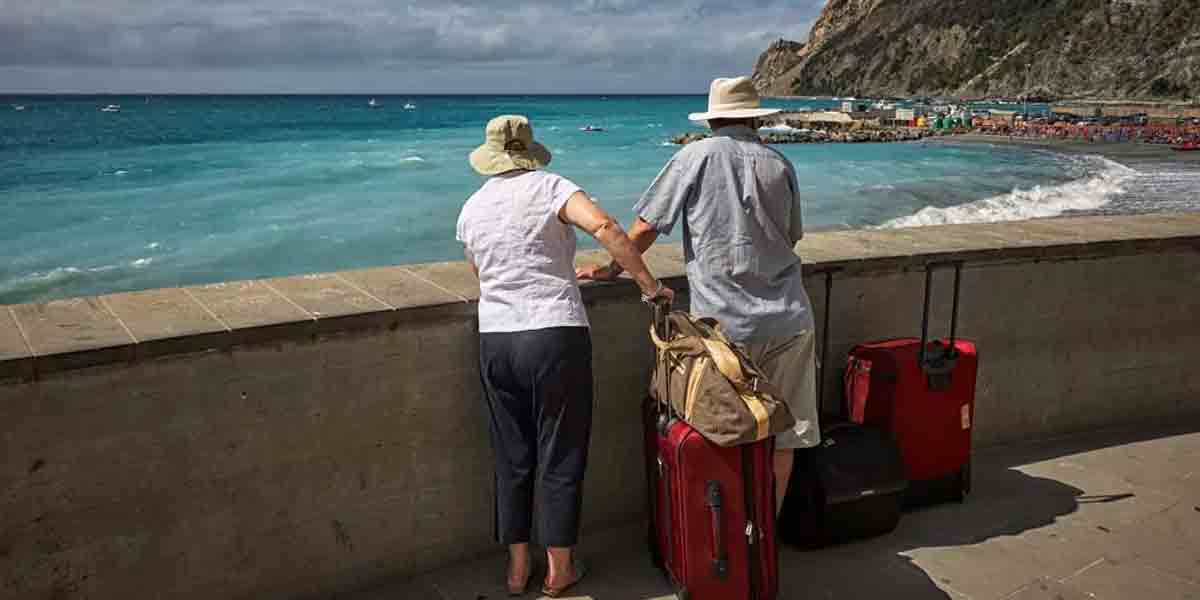By: Manuel “Boy” Mejorada
A “PUGADA” has no exact term among meteorologists. The closest would be a “squall”. But a weather forecaster said a squall is accompanied by lightning and thunder precipitated by heavy rain. Still, the word “pugada” strikes fear in the hearts of boatmen, especially those who ply the Iloilo to Jordan or Buenavista and vice versa routes on motorized pumpboats.
Last Saturday, not only once did a “pugada” strike. It swiftly raised a tempest in the narrow strait between Iloilo and Guimaras, the first incident at around noon, and the second around three hours later. In the first incident, two motorized pumpboats capsized. And while rescue workers were still scouring the seas for survivors and retrieving the bodies of the dead, a second “pugada” struck. A third vessel was swamped with big waves, and in a matter of a minute or two, capsized, too.
It wasn’t the first time motorized pumpboats were overturned in the Guimaras strait as a result of a “pugada”.
I had my own experience with a “pugada”. Around 35 years ago, I was with a group of media persons who visited a resort in Guimaras. We left Iloilo on a bright, sunny morning. The sea was calm. Everything looked great – we had a sumptuous lunch in Guimaras, went around the resort and took a dip in its pool.
By 3 p.m., we decided to head for home. It was a little cloudy. But there were no winds. And the sea didn’t look turbulent when we reached the Jordan wharf.
Just 10 minutes after our pumpboat cast off the wharf, the skies turned eerily dark, and the wind began to blow with a howl. The waves became massive, rising to around two meters in height. The women aboard were crying in fear. The boat master instructed us to put on life vests.
Travel time between Iloilo and Guimaras takes only 30 minutes on average, even when there are big waves in the middle of the strait. That afternoon, our boat struggled to stay afloat, with the boat master alternately opening the throttle and closing it as the vessel rose and fell in the waves. It was a feat of seamanship to keep the boat stable under those conditions. We reached the Ortiz wharf after an hour and a half.
We were lucky because our boat managed to make the crossing.
There have been a number that didn’t. And in several instances, there have been fatalities.
But the triple sea mishaps last Saturday were the worst. As I write this, I learned that there were about a dozen more fatalities recovered in Dumangas from the third vessel, the M/B Jenny Vince. The body count from the M/B Chi Chi was placed at 13 with several missing. The M/B Keisha 2 had no passengers when the boat capsized, and all crew members survived.
All in all, the death toll could reach 30.
So tragic. So much death from the unforgiving fury of nature.
Blame is being heaped upon the Philippine Coast Guard for giving the third vessel, the M/B Jenny Vince, clearance to depart from Guimaras on Saturday afternoon.
I think that it’s unfair to blame the PCG for that accident.
The “pugada” is unpredictable. The quickness with which such tempests at sea always catch the most seasoned among boat captains flat-footed. I believe the boat captains who steer these pumpboats know the waters between Iloilo and Guimaras better than anybody. It’s just that the “pugada” pounces on them without warning.
This “Black Saturday” string of sea mishaps highlights the importance of building a bridge to connect the two provinces. Every day, thousands of people ride on pumpboats to work, study or otherwise just travel for leisure between Iloilo and Guimaras.
Because of the cancellation of the boat trips late Saturday afternoon, hundreds of people were stranded at the Parola Ferry Terminal for one night. It’s a good thing the City Government under Mayor Jerry Treñas rushed to the Parola to provide hot food and blankets for the stranded passengers.
I hope that the DPWH fast-tracks this project which is going to be a turn-key project by the Chinese government. Not only will this put an end to the everyday danger that commuters face in riding pumpboats on the Iloilo-Guimaras routes; it will also open Guimaras to great economic opportunities and enhance its tourism potentials.






















